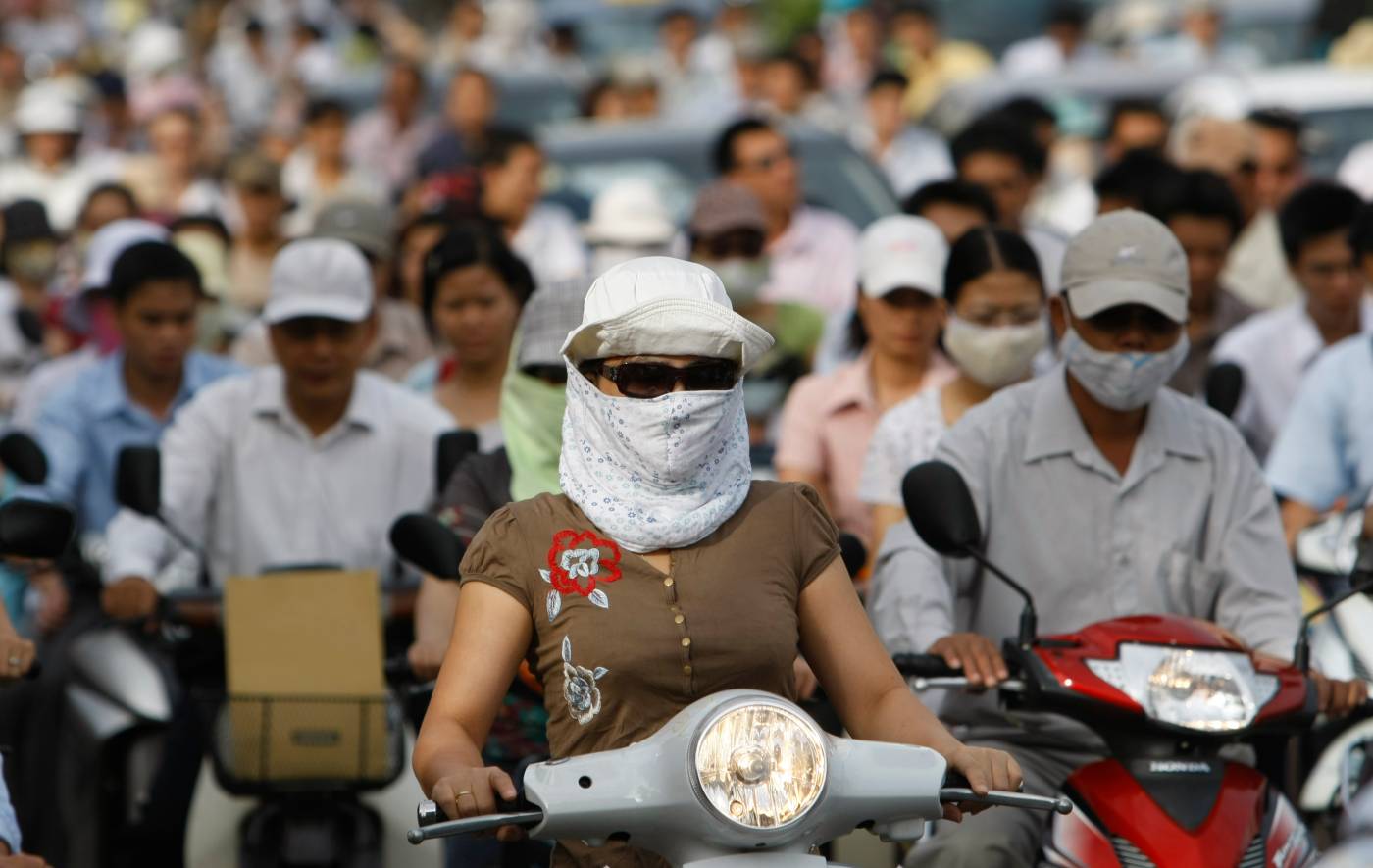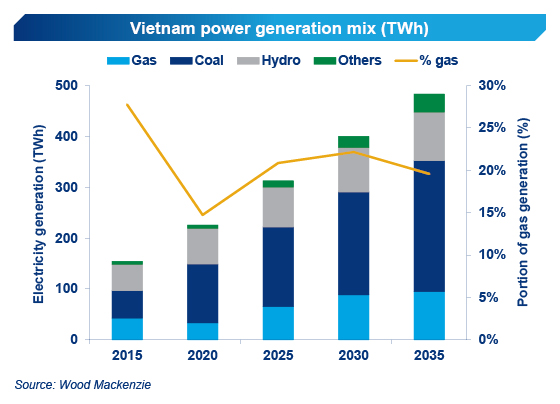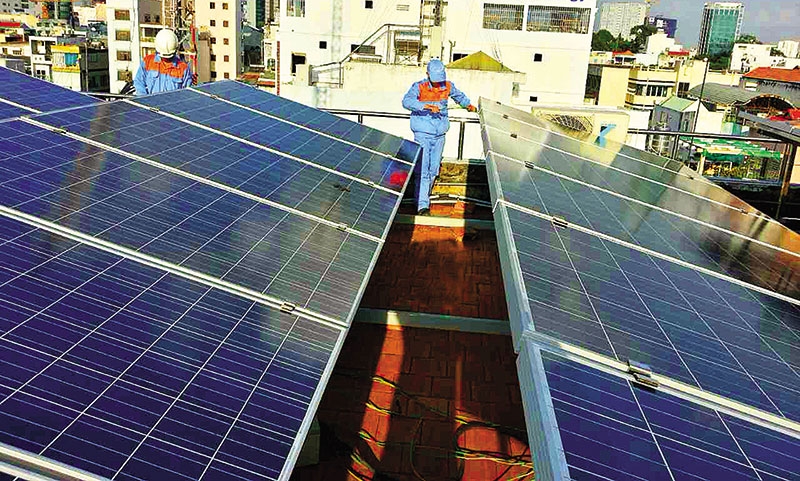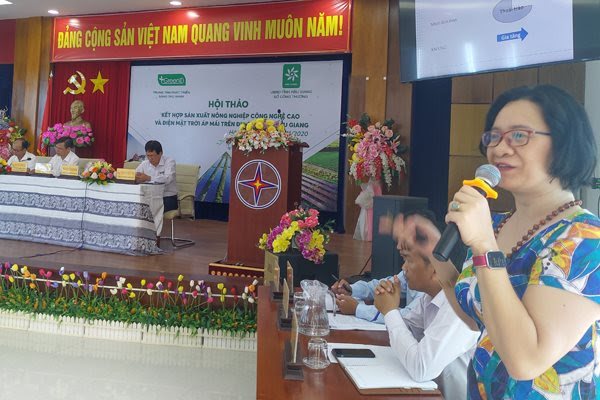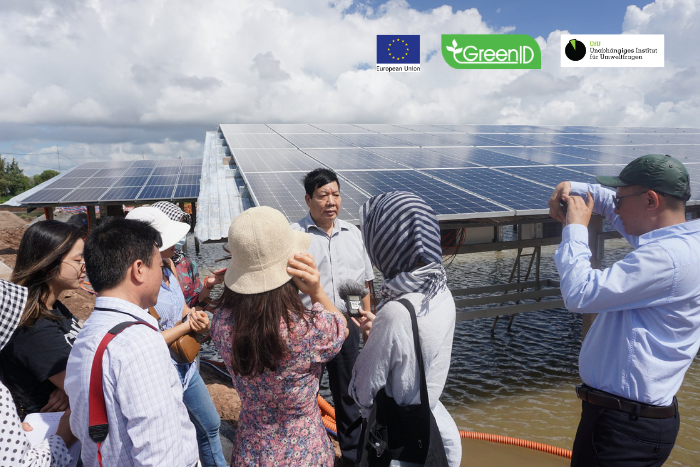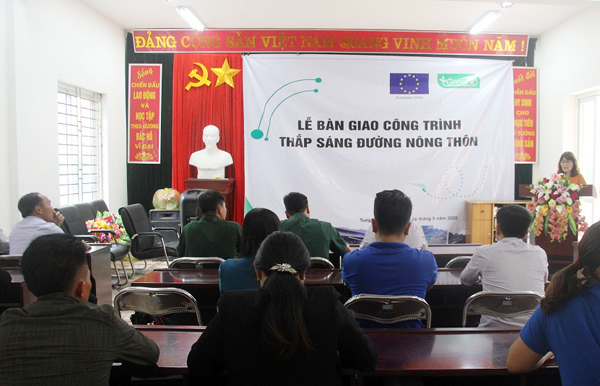
| Author :
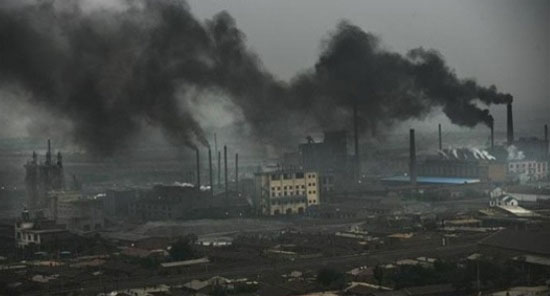
Illustrative Image. — Photo daikynguyen.vn
Tran Dinh Sinh of the Green Innovation and Development Centre (Green ID) told a seminar in Ha Noi last week, discussing opportunities and challenges created by ash waste from coal-fired power plants, that Viet Nam ranks second in the world, after China, in terms of ash and cinder density, with 45.5 tonnes per sq.km.
Studies conducted by Green ID indicate that as many as 15 million tonnes of ash and cinder were emitted annually by the nation's 19 coal-fired power plants. Further, this volume of ash was forecast to double by 2023.
Since 2014, the Prime Minister has issued decisions on taking measures to treat ash, cinder and gypsum from thermal power, fertilizer and chemical companies in the production of building materials.
Under the Decision, coal-fired power plants are requested to invest in installing equipment to treat ash and cinder that can meet technical regulations and standards for building material production and bring these into operation by 2020. The Ministry of Construction was assigned to work with agencies in creating regulations and technical standards for ash treatment by the end of last year. However, no regulations or standards on the management of ash and cinder have been issued, or preferential policies to support enterprises that engage in recycling this waste.
Nguyen Van Nhon, deputy head of Binh Thuan Province's Department of Science and Technology, said the current waste treatment method - burying ash and cinder — was not only wasteful, but also had a negative affect on the environment.
In April last year, thousands of residents living near the Vinh Tan 2 plant in Binh Thuan Province gathered to protest pollution at its cinder landfill. The protest happened after strong winds blew large amounts of coal dust from the plant into residents' homes over a period of several days.
The province's agencies have urged the Vinh Tan Electricity Complex, which consists of four thermal plants, to take measures to reduce pollution, and even fined the company VND1.5 billion (US$66,900), though the complex has still done nothing to address the ash issue.
According to Kieu Van Mat, General Director of Song Da Cao Cuong Joint Stock Company – which specialises in producing building materials, although ash and cinder from coal-fired thermal power plants were not now a resource, they could be considered a cheap source for construction materials in the future.
He also said his company was the first in the country to study and install production lines to handle ash and cinder waste from thermal plants.
The company's prominent product, fly ash, has been used in making cement at a number of cement companies, including Hoang Thach, Nghi Son, Holcim, But Son and Tam Diep. Fly ash was used effectively in producing roller-compacted concrete, helping speed construction and reducing production costs, he said.
Mat proposed that agencies inspect and make an evaluation of the company's production technology and its products, such as fly ash and artificial gypsum, which are made from residues of thermal and fertiliser plants. If they meet quality standards and their prices are less expensive, compared with imported materials, they should be allowed to be used on a large scale, he said.
Participants at the seminar have suggested that ministries, agencies and localities soon issue guiding documents on the implementation of the Prime Minister's decision. They also called for the early creation of preferential policies for enterprises that engage in waste treatment, and those that were using and would use recycling products, in order to encourage them to utilise waste and reduce the exploitation of natural resources.
Participants urged the government to strengthen inspections and strictly deal with companies, organisations and individuals that violate regulations on waste management and waste treatment, especially those emitted by coal-fired power plants. — VNS
HA NOI (VNS) — While the amount of ash discharged by coal-fired power plants has increased in Viet Nam, the country still lacks guidance and policies to support enterprises in managing this waste, experts said.

Illustrative Image. — Photo daikynguyen.vn
Tran Dinh Sinh of the Green Innovation and Development Centre (Green ID) told a seminar in Ha Noi last week, discussing opportunities and challenges created by ash waste from coal-fired power plants, that Viet Nam ranks second in the world, after China, in terms of ash and cinder density, with 45.5 tonnes per sq.km.
Studies conducted by Green ID indicate that as many as 15 million tonnes of ash and cinder were emitted annually by the nation's 19 coal-fired power plants. Further, this volume of ash was forecast to double by 2023.
Since 2014, the Prime Minister has issued decisions on taking measures to treat ash, cinder and gypsum from thermal power, fertilizer and chemical companies in the production of building materials.
Under the Decision, coal-fired power plants are requested to invest in installing equipment to treat ash and cinder that can meet technical regulations and standards for building material production and bring these into operation by 2020. The Ministry of Construction was assigned to work with agencies in creating regulations and technical standards for ash treatment by the end of last year. However, no regulations or standards on the management of ash and cinder have been issued, or preferential policies to support enterprises that engage in recycling this waste.
Nguyen Van Nhon, deputy head of Binh Thuan Province's Department of Science and Technology, said the current waste treatment method - burying ash and cinder — was not only wasteful, but also had a negative affect on the environment.
In April last year, thousands of residents living near the Vinh Tan 2 plant in Binh Thuan Province gathered to protest pollution at its cinder landfill. The protest happened after strong winds blew large amounts of coal dust from the plant into residents' homes over a period of several days.
The province's agencies have urged the Vinh Tan Electricity Complex, which consists of four thermal plants, to take measures to reduce pollution, and even fined the company VND1.5 billion (US$66,900), though the complex has still done nothing to address the ash issue.
According to Kieu Van Mat, General Director of Song Da Cao Cuong Joint Stock Company – which specialises in producing building materials, although ash and cinder from coal-fired thermal power plants were not now a resource, they could be considered a cheap source for construction materials in the future.
He also said his company was the first in the country to study and install production lines to handle ash and cinder waste from thermal plants.
The company's prominent product, fly ash, has been used in making cement at a number of cement companies, including Hoang Thach, Nghi Son, Holcim, But Son and Tam Diep. Fly ash was used effectively in producing roller-compacted concrete, helping speed construction and reducing production costs, he said.
Mat proposed that agencies inspect and make an evaluation of the company's production technology and its products, such as fly ash and artificial gypsum, which are made from residues of thermal and fertiliser plants. If they meet quality standards and their prices are less expensive, compared with imported materials, they should be allowed to be used on a large scale, he said.
Participants at the seminar have suggested that ministries, agencies and localities soon issue guiding documents on the implementation of the Prime Minister's decision. They also called for the early creation of preferential policies for enterprises that engage in waste treatment, and those that were using and would use recycling products, in order to encourage them to utilise waste and reduce the exploitation of natural resources.
Participants urged the government to strengthen inspections and strictly deal with companies, organisations and individuals that violate regulations on waste management and waste treatment, especially those emitted by coal-fired power plants. — VNS

